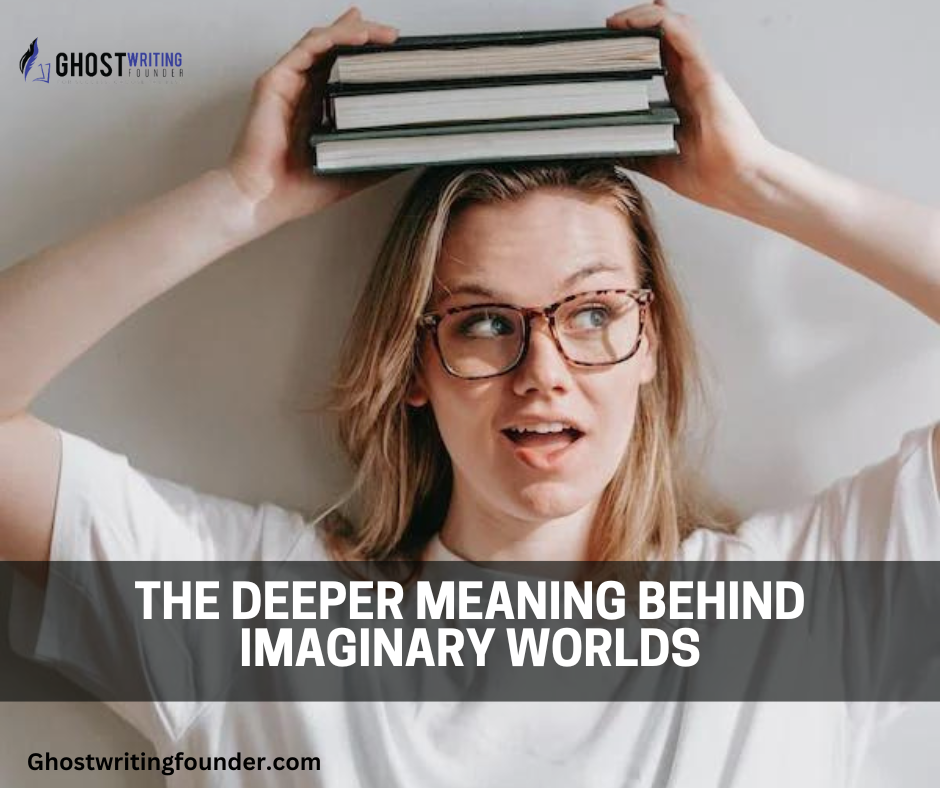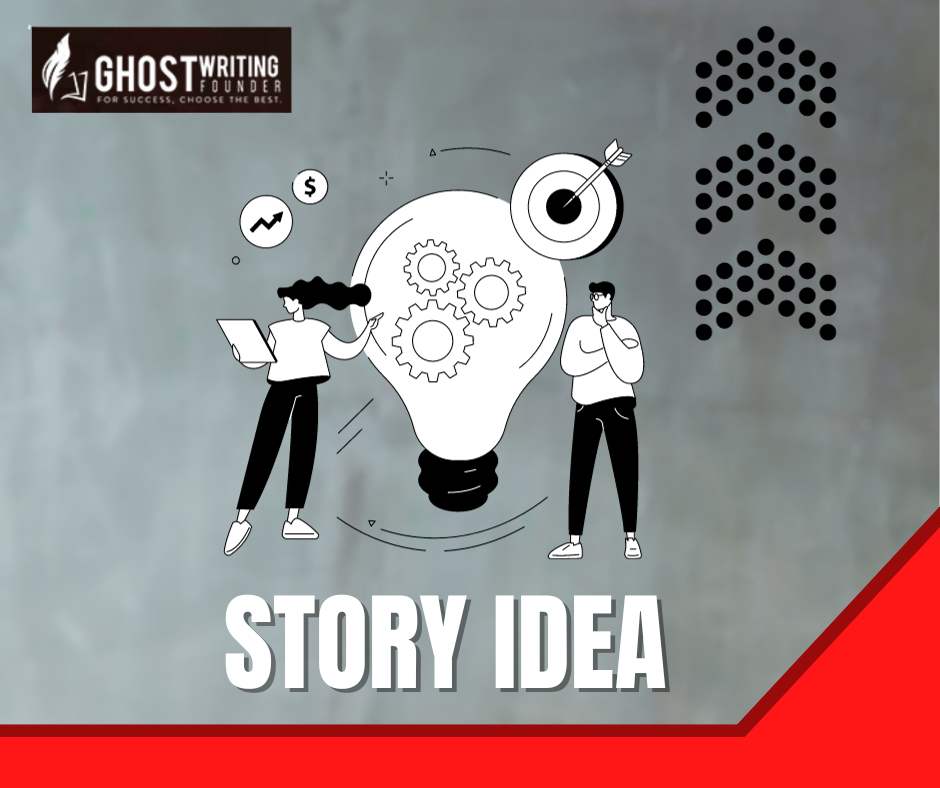
Writing
Fiction is made-up stories that can be about anything. It can be a book, book cover, movie, video book trailer, or TV show. The purpose of fiction is to entertain, teach, or inspire, much like the best manga to read for beginners that offers a gateway to new experiences. No matter the fiction, real or fake, it can make us laugh, cry, or feel scared. But some people might ask, “Is fiction real or fake?” Well, the answer is both. Fiction is fake because it’s not real, but it can also be real because it can tell us something true about the world. For example, a book about a girl who saves her town from a monster might not be a real story, but it can teach us about bravery and perseverance.
Fiction can also help us understand different cultures, periods, and perspectives, as explored in classic books to read at least once in your lifetime. We can learn about history through historical fiction or experience a different world through science fiction. Even though fiction is not real, it can have a real impact on our lives. We can learn valuable lessons from fictional characters and their experiences. So, the next time someone asks if fiction real or fake, the answer is both. Fiction may not be real, but it can tell us something true about ourselves and our world.
The Power of Fiction
Fiction can also serve as a means of escape. It allows us to step into another world and forget about our problems for a while. This can be a form of self-care and a way to recharge our batteries.
Fiction is not just for entertainment. It has the power to affect our thoughts, emotions, and behaviors. Only some experts like Ghostwriting Founder have this ability. Here are some ways that fiction has a significant impact on us:
The psychological effects of fiction on the reader
- Reading fiction can reduce stress and improve mental health, a theme deeply woven into sad poems about love.
- Fictional stories can stimulate empathy and improve emotional intelligence.
- Fiction can help us develop cognitive skills, such as problem-solving and creativity.
The Role of Fiction in Society and Culture
- Fiction reflects the values and beliefs of a culture or society, and sometimes it can be a manual typewriter embracing the elegance and simplicity of the past.
- Fiction can inspire social change by promoting new ideas and challenging norms, similar to how non-fiction famous books can become icons of reality and knowledge.
- Fictional stories can bring people together by creating shared experiences.
The distinction between truth and reality in fiction
- Fictional stories are not true, but they can contain truths about the human experience, as is often the case with autobiography vs biography.
- The reality of a fictional world is separate from our reality, but it can still impact us.
- The distinction between truth and reality in fiction allows us to explore new ideas and perspectives.
However, it’s important to remember that fiction, real or fake, is not always harmless. Fictional stories can perpetuate harmful stereotypes or promote unhealthy behaviors. It’s essential to be critical of the messages that fiction conveys and recognize when it does not reflect reality accurately.
The Deeper Meaning of Fiction
Fiction can also provide a means of catharsis, allowing us to process difficult emotions or experiences, which is essential in writing your life story. By immersing ourselves in a fictional real or fake world, we can gain a new perspective on our own lives and find meaning in our struggles.
Fiction is not just about entertaining us. It can also reveal deeper truths about human nature and society. Here are some ways that fiction has a deeper meaning:
How fiction can reveal truths about human nature and society
- Fiction can provide insight into the complexities of human emotions and behavior.
- Through fictional stories, we can learn about the impact of social and cultural norms on individuals and communities, much like the best psychology books help us understand human behavior.
- Fiction can illuminate issues such as prejudice, discrimination, and inequality.
The exploration of themes and ideas through fictional worlds
- Fictional worlds can allow us to explore and question our beliefs and assumptions.
- Themes such as love, loss, and identity can be explored more deeply through fictional stories.
- Fiction can offer a different perspective on a familiar topic, encouraging us to think critically about our world.
The use of fiction as a tool for social commentary and criticism
- Fiction can be a powerful way to challenge societal norms and promote social change.
- Through fictional stories, authors can highlight the flaws in our society and propose alternative solutions.
- Fiction can expose the impact of political and economic systems on individuals and communities.
Nevertheless, it’s important to recognize that not all fiction has a deeper meaning. Some stories are simply meant to entertain, and that’s okay. It’s up to the reader to decide what they want to take away from a fictional story.
The Role of Imagination
Imagination is a powerful tool in creating fiction, real or fake worlds, and shaping our perception of reality. Here are some ways that imagination plays a role in our lives:
The importance of imagination in creating fictional worlds
- Imagination allows us to create entire worlds, characters, and stories in our minds, a process that can be aided by content creation services.
- Without imagination, there would be no fiction or creative expression.
- Imagination fuels innovation and progress in art, science, and technology.
The relationship between imagination and reality
- Imagination can shape our perception of reality by influencing our beliefs, values, and attitudes.
- Our experiences and the people around us can influence our imagination.
- The distinction between imagination and reality allows us to explore new ideas and perspectives.
The potential for the imagination to influence reality
- Our imagination can inspire us to take action and create real-world change.
- Imagining a better future can motivate us to work towards making that future a reality.
- Using imagination in fields such as design and engineering can lead to innovative solutions to real-world problems.
However, it’s important to recognize the potential dangers of imagination. Fictional stories and unrealistic expectations can create a distorted view of reality, leading to disappointment or even harm.
The Blurring of Fiction and Reality
In today’s world, the line between fiction and reality is becoming increasingly blurred. Here are some ways that technology and media are impacting our perception of reality and fiction:
The impact of technology and media on our perception of reality and fiction
- Technology has made it easier to create and distribute fictional stories and media.
- Social media and online platforms can perpetuate misinformation and “fake news.”
- Our exposure to fictional stories and media has increased dramatically in recent years.
The rise of “fake news” and the erosion of trust in reality
- The spread of “fake news” and disinformation can lead to confusion and mistrust in reality.
- The line between fact and fiction can be difficult to discern in a world where information is abundant and easily accessible.
- Fictional stories and media can fuel the rise of conspiracy theories and extremist ideologies.
The potential dangers of blurring the lines between fiction and reality
- Blurring fiction and reality can lead to a distorted view of the world and harmful behavior.
- Fictional stories and media can create unrealistic expectations and harmful stereotypes.
- The blurring of fiction and reality can make it hard to distinguish between what is real and what is not.
Essential Elements and Detailed Insights
| Element of Fiction | Impact and Significance | Role of Imagination |
|---|---|---|
| Nature of Fiction | Fiction as a blend of reality and imagination, teaching truths about the world. | Imagination creates fictional worlds that reflect real-life lessons. |
| Psychological Effects | Reduces stress, improves mental health, and stimulates empathy. | Enhances cognitive skills like creativity and problem-solving. |
| Societal Role | Reflects cultural values, inspires social change, and creates shared experiences. | Imagined worlds challenge societal norms and propose new ideas. |
| Truth vs. Reality | Contains truths about human experience within its fictional narrative. | Offers perspectives that explore and question real-world beliefs. |
| Deeper Meaning | Illuminates human emotions, societal issues, and cultural norms. | Encourages critical thinking about real-world issues through fictional themes. |
| Imagination’s Power | Fuels innovation in art, science, and technology, shaping perception of reality. | Inspires real-world change and innovative solutions to problems. |
| Fiction and Reality Blurring | Rise of “fake news,” impacts of media on perception. | Challenges in discerning reality, potential for misinformation. |
Conclusion
The world of fiction is complex and multifaceted. Fiction, real or fake, can be entertaining and meaningful. It can reveal deeper truths about human nature and society and inspire us to create a better world. However, as readers and creators, it’s important to approach fiction critically and recognize its potential impact. We hope this article has shed some light on the power and significance of fiction.









Leave a Reply